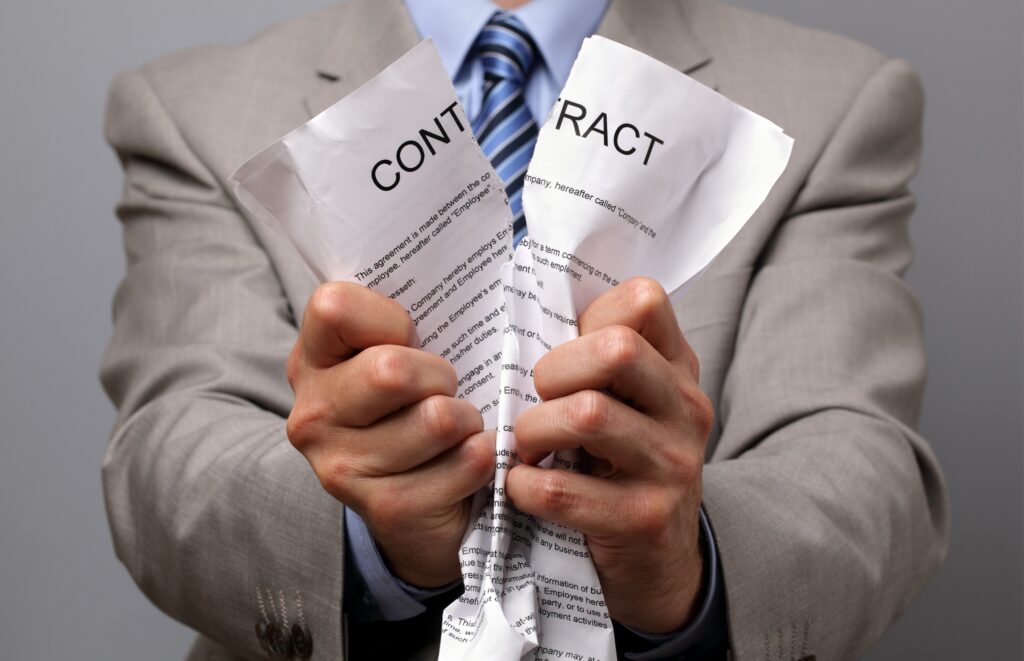Canada’s new airport testing rules are needlessly confusing
A bumpy ride awaits Canadian travellers. On Tuesday, Ottawa unveiled new pandemic travel measures that are creating confusion for flyers. The move – spurred by the rise of the highly infectious Omicron variant – will require all incoming passengers from non-U.S. foreign destinations get another COVID-19 test when they land in Canada. The new testing requirement is in addition to the pre-departure test travellers must undergo before leaving for Canada.
The move is being touted as necessary to keep Canadians safe. Omar Alghabra, Canada’s Minister of Transport is calling the new requirement, “science based;” one that adds, ”another layer of protection to safeguard Canadians’ health.” Marco Mendicino, Minister of Public Safety, has echoed similar sentiments, asking Canadians to, “be patient as they wait to cross the border and check to ensure we have complied with all entry requirements before arriving at the Canadian border.”
Look, I’m all for a science-based approach. Science should inform public policy and we need more scientists working in public policy. I’m also for packing an extra dose of patience. Enduring hardship well is a trait in short supply in public (and political) discourse and society is poorer because of it. Unfortunately, Ottawa’s new pandemic travel measures aren’t particularly scientific, which has a knock-on effect on my patience. As I write this, I’m in Europe, and heading on a plane back to Canada tomorrow. Despite my best efforts to educate myself, I’m still confused about what to expect when I land.
Increased testing does bring some obvious benefits. It’s meant to reduce the spread of Omicron, although there are already cases popping up in Canada. More testing also produces earlier diagnoses, something that’s key to saving lives (and cutting treatment costs). When an infection is caught at an early stage, it typically isn’t as serious, which makes treatment more likely to be successful. It also slows the rate of community transmission (that’s important given that many COVID-19 patients experience no symptoms at all) and gives the virus fewer opportunities to mutate.
Good stuff. Except from one small, yet important, detail. Travellers to Canada must already show they are COVID-19 free before boarding a flight to Canada. This entails taking (and passing) the PCR (polymerase chain reaction) or a similar test up to 72 hours before getting near a Canada-bound jet. The PCR test is, by the government’s own account, the “gold standard” for identifying people infected by the virus (though at up to $300 a pop, it should be!).
Critics will say the test isn’t perfect (what is?) and that when confronted by imperfection, infections are bound to slip through the cracks. They’re right. Travellers who have previously produced a negative PCR test have subsequently – upon entering Canada – tested positive for the virus. But government data shows such cases are few and far between.
Moreover, even if testing upon arrival made sense, I’m left wondering when the test will be administered, by who, where, and what I – like many Canadians – are expected to do in the hours or days while I am waiting for results. So far, Ottawa’s response to these questions has, to put it mildly, been perplexing.
On Wednesday, Health Minister Jean-Yves Duclos indicated the new measures would go into effect immediately. But there are few signs that’s actually the case. As for who is administering the test, here’s Mr. Duclos’ response: “Once (travellers) enter through a Canadian airport, they need to be tested on arrival, either directly at the airport or, if that is not possible, they take a home test and do that home test at home.” Got that? Someone may test you at the airport (or not), or you may need to test yourself at home (or not). For good measure, Mr. Duclos added, “while (travellers) wait for the result of that test to be known, they isolate themselves.” Where exactly that’s supposed to happen – your home, a hotel, Rideau Hall perhaps – is anyone’s guess.
Governing isn’t easy during the best of times. A pandemic admittedly takes this challenge to a whole new level. Given these circumstances, politicians deserve more than our vote: they deserve our respect. But Ottawa is making this far more difficult than it needs to be. When it comes to policies that affect Canadians, details matter. My advice to the political establishment: don’t unveil a policy unless you have thought it through. A bad plan can be worse than no plan at all.
Image credit: Wirestock





